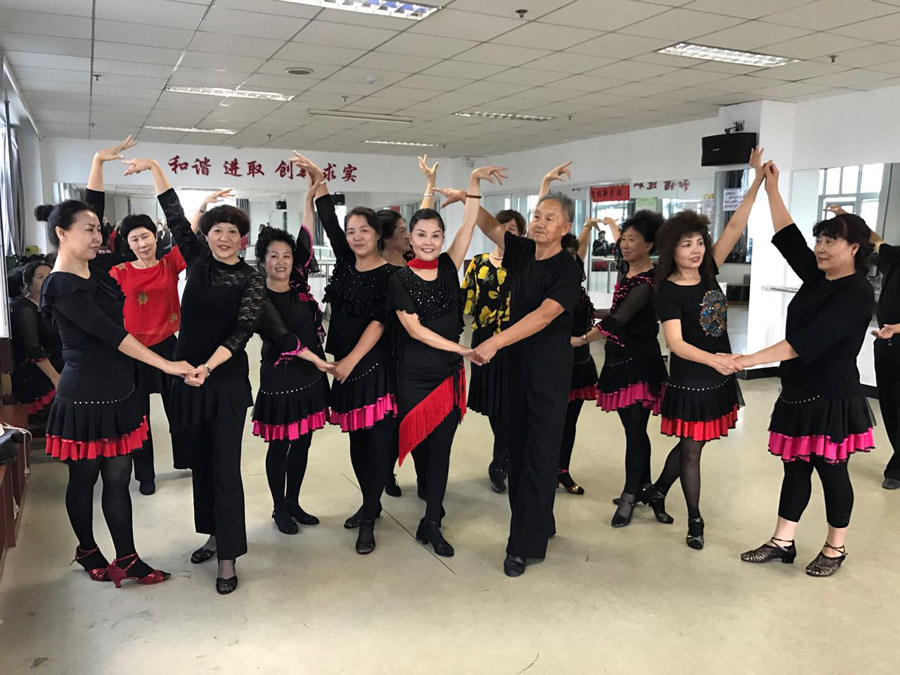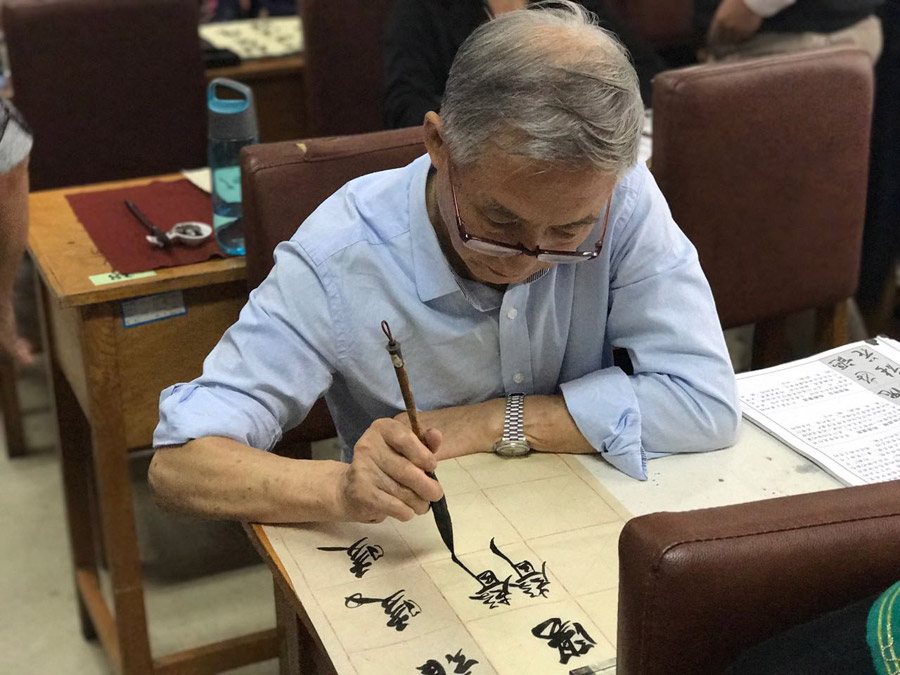
From the People's Daily app.
This is Story in the Story.
China's elderly population has been increasing rapidly since 2000 when the country first became an “aging society.”
According to Zheng Gongcheng, head of the China Association of Social Security (CAOSS), the elderly population has seen an annual increase of about 10 million people.
By the end of 2035, the elderly demographic could reach about 400 million, making China a "super-aging society."
By international standards, a country or region is considered to be an "aging society" when those aged 65 or over account for 7 to 14 percent of the total population.
But once the population figure passes the 14 percent mark, the country is considered a "super-aging society."
Zheng said that China faces a growing problem in how to cope with its aging population.
According to official data, there are 240 million Chinese currently aged 60 and above.
Elderly care services are developing rapidly but also unevenly, Zheng said.
Today’s Story in the Story will look at some of the challenges China is facing to cope with the needs of its elderly population, including the rising demand from senior citizens who wish to attend college.

Elderly students take lessons in Harbin Elderly University. (Photo: China Daily)
Since September, Harbin Elderly University has welcomed its new, younger students, along with their elderly student enrollment.
"In order to satisfy the diversified demands of the elderly, we set up some brand new courses, including bridge, children's adjuvant food, and so on," said a teacher in the enrollment office. "We have received more than 10,000 registrations since the middle of August."
Tian Rui, 59, has been studying here since 2015.
"I chose Latin, vocal music and painting," she said.
"In the university, we can spend time on what we are interested in. Furthermore, we have lots of good friends here, which has greatly enriched our retirement lives,” Tian added.
Elderly college students have also given way to a sub-demographic: elderly tutors.

An elderly student takes a calligraphy lesson in Harbin Elderly University. (Photo: China Daily)
Wang Shuzhen may already be 77 years old, but the professor of food and health is still very much active in the academic scene despite having retired 14 years ago.
These days, however, Wang teaches peers of her generation instead of young students about healthy diets at a college for the elderly that is affiliated to Shanghai Normal University.
Founded in 1997, the college for the elderly that is affiliated to Shanghai Normal University offers 100 courses across eight schools, including instrument, music, and drama.
According to Huang Gang, vice principal of the college, 60 percent of the faculty at the college for the elderly is made up of retired professors and graduate students at Shanghai Normal University.
Huang pointed out that universities have an advantage in running colleges for the elderly as there is already a pre-existing campus that can be utilized.
According to the Shanghai Municipal Education Commission, the supply of educational resources for the elderly is unable to meet the current level of demand.
There are more than 8,000 elderly students enrolled in the college affiliated to Shanghai Normal University, a sharp increase from around 200 when it first started, she said.
"I enjoy making new friends who share the same interests or lifestyle and teaching here at this college for the elderly allows me to do so," said Wang Shuzhen.
(Produced by Nancy Yan Xu, Lance Crayon, and Raymond Mendoza. Music by: bensound.com. Text from China Daily and Xinhua.)


